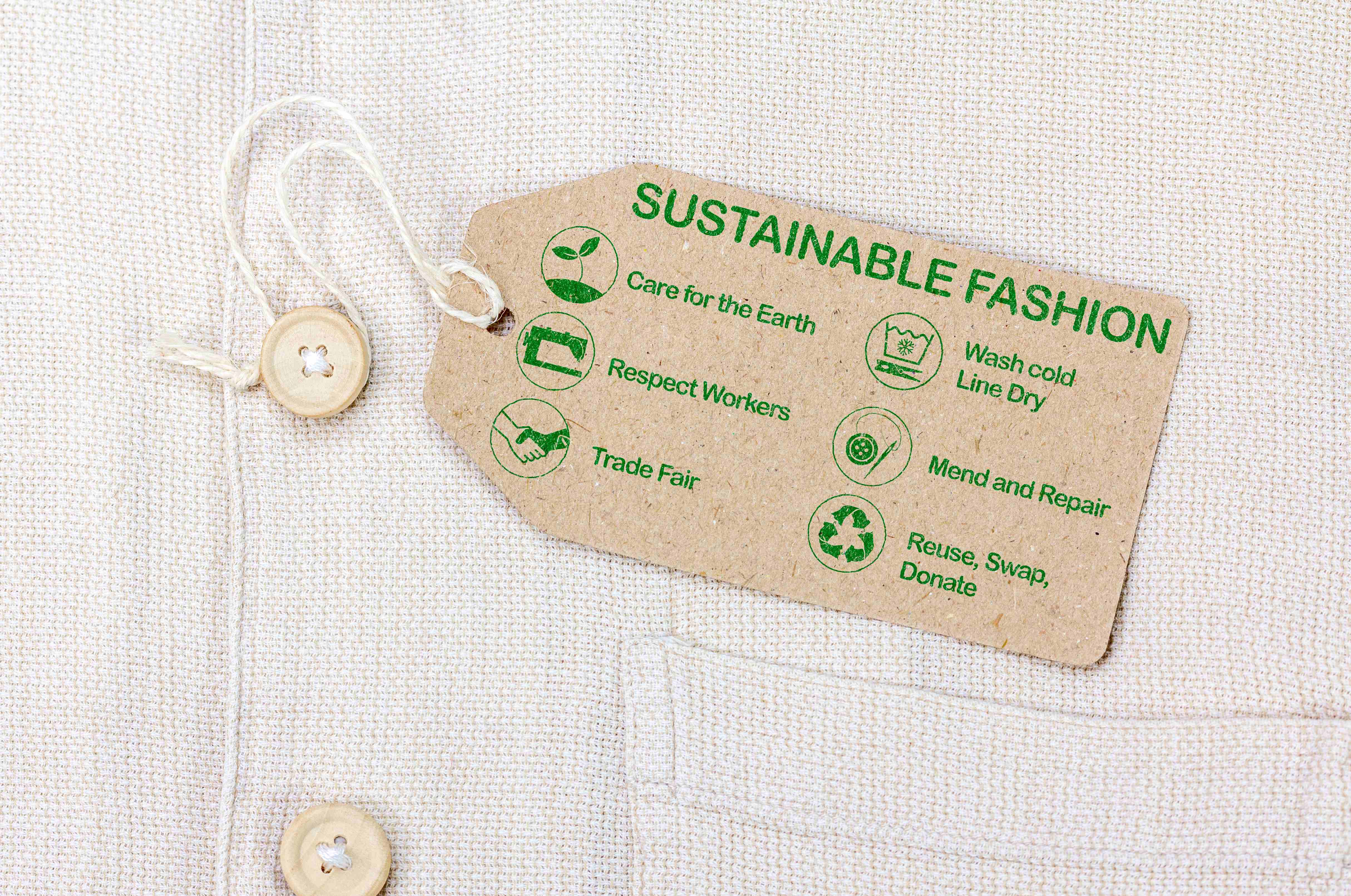Fashinza & Sustainability: The Road Ahead



The recent summit at Glasgow has put a renewed focus on climate change and the fashion industry’s contribution to the problem. The prevailing expert opinion is that the fashion industry (esp. the fast fashion model) is not sustainable as it stands today.
Any brand pledging to uphold sustainability should try to mitigate and (ultimately) undo the damaging effects of the fashion industry.
The timeliness of this initiative is crucial: studies show that net zero emissions in the fashion industry must be achieved in the next few decades in order to fulfill the UN Climate Charter. Which means we should act now or pay later.
What’s Fashinza Doing in Response?
As our readers are aware, Fashinza prioritizes ethics and sustainability as one of its core goals. As such,
- Fashinza encourages brands to use sustainable fabrics, dyes, and procedures. We make this possible by making the above accessible at competitive prices. Using our scale to drive down costs, we’re trying at present to introduce 50% usage of BCI cotton within the supply chain.
- We actively combat the problem of overproduction by accepting low MoQs (as low as 50 pcs) from brands. We encourage brands to experiment with different styles and procure more of the ones which are actually selling. This eliminates the problem of deadstock and wastage, which is a major challenge for every brand.
- Credibility matters. We partner with manufacturers who have GOTS, Fairtrade, and other internationally acknowledged certifications. This helps ensure sustainable and ethical production practices.
- We conduct stringent audits to ensure workers are paid fair wages as per local government regulations. In addition, we advocate for additional pay for overtime work.
- Our insistence on credibility and implementation of transparency measures enables complete visibility within the supply chain. Our brands and consumers can see where their raw materials were sourced from, who manufactured it, and what procedures were involved. Such social transparency pushes manufacturers to adhere to fair and ethical practices.
Frequently Asked Questions
Fashinza helps brands to source economically. Do low prices affect fair wage?
Costs of products are affected by various factors. Low costs can be facilitated by regulating the materials used as well as sourcing materials locally. Regardless of the selling price, the wages of workers at our partner factories remain constant and in line with local government guidelines.
What’s our stance towards fast fashion brands?
Changing consumer sentiments towards fast fashion is a long and hard strategy which will take time and investment to bear fruit. Consumers’ loyalty towards their favorite brands cannot be altered overnight.
We believe in an approach where fast fashion brands are gradually incentivized from the supply side to become sustainable in their operations.
Our scale helps us drive down costs which in turn allows us to push fast fashion companies to adopt sustainable materials at competitive prices. So instead of naming and shaming them, we choose to lead them in the sustainable direction.
Can We Do More?
In the interest of full disclosure, we acknowledge that we are not 100% sustainable yet. In fact, we’re probably just 25% there and still have a long way to go. A global vision like ours comes with its own challenges, global shipping being one of them.
At present, we’re controlling our carbon footprint by shipping multiple orders as single cargos. The goal is to establish our manufacturing bases worldwide to serve global brands locally in the future.
To sum it up, at Fashinza we are leading the charge when it comes to building a sustainable supply chain. The aim is to have net-zero impact on the environment within the next 10 years.



















